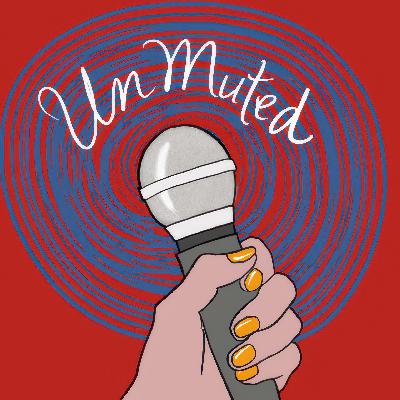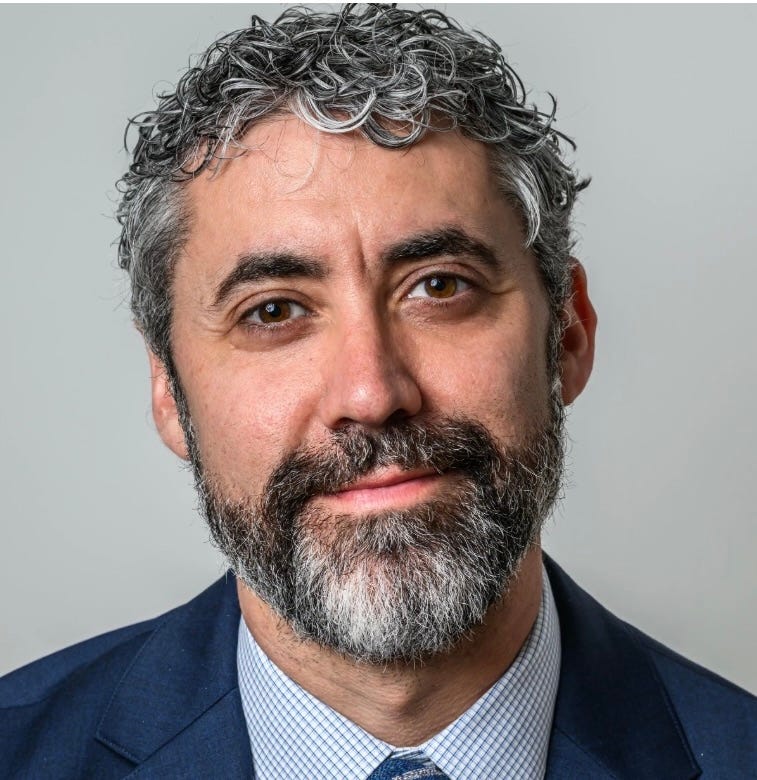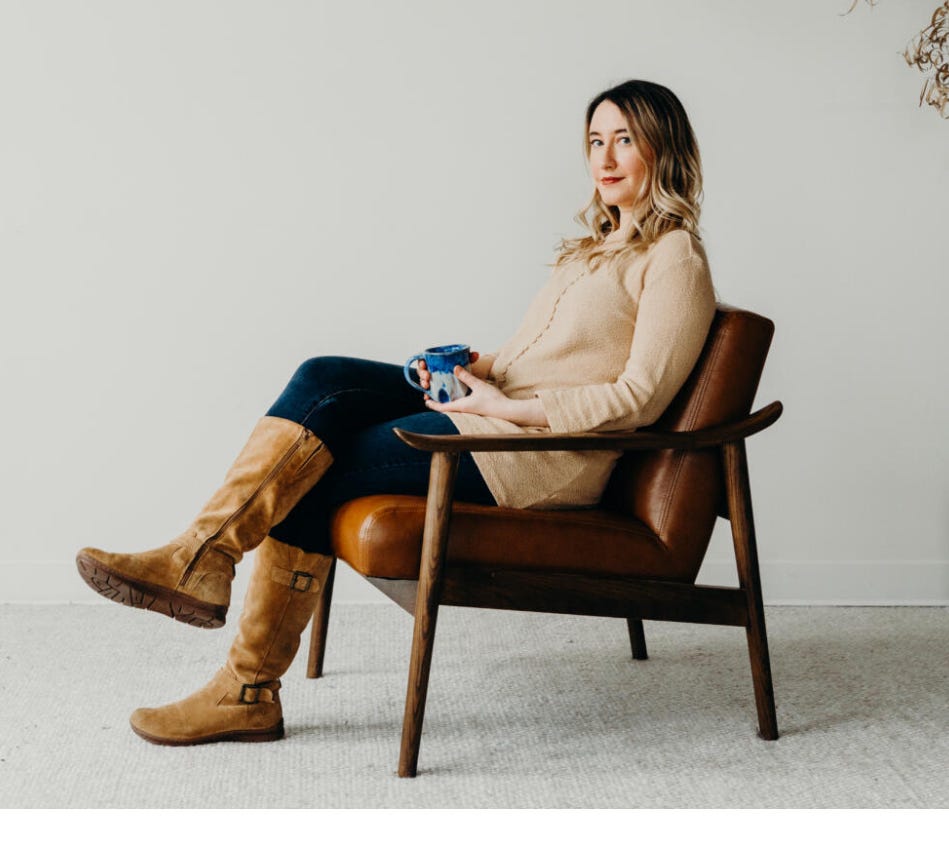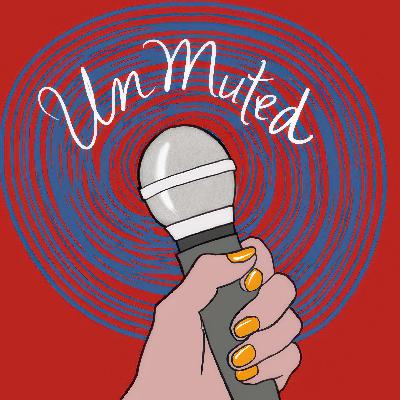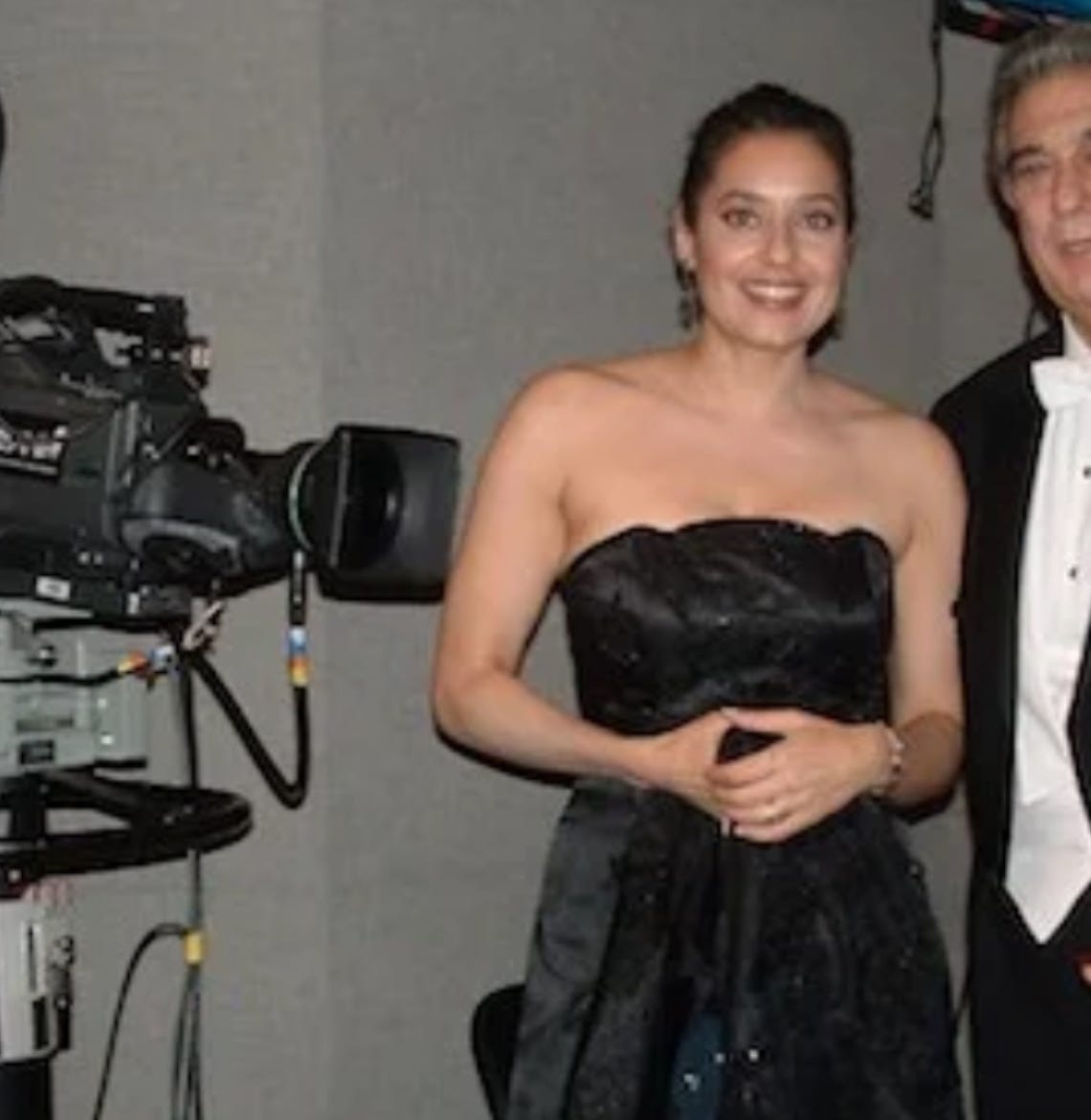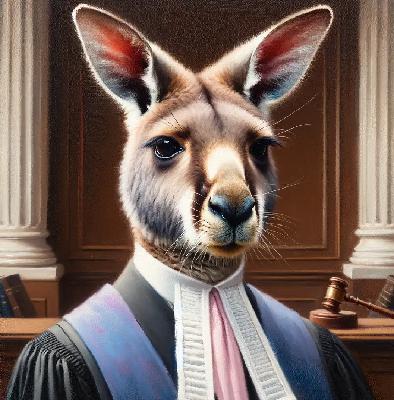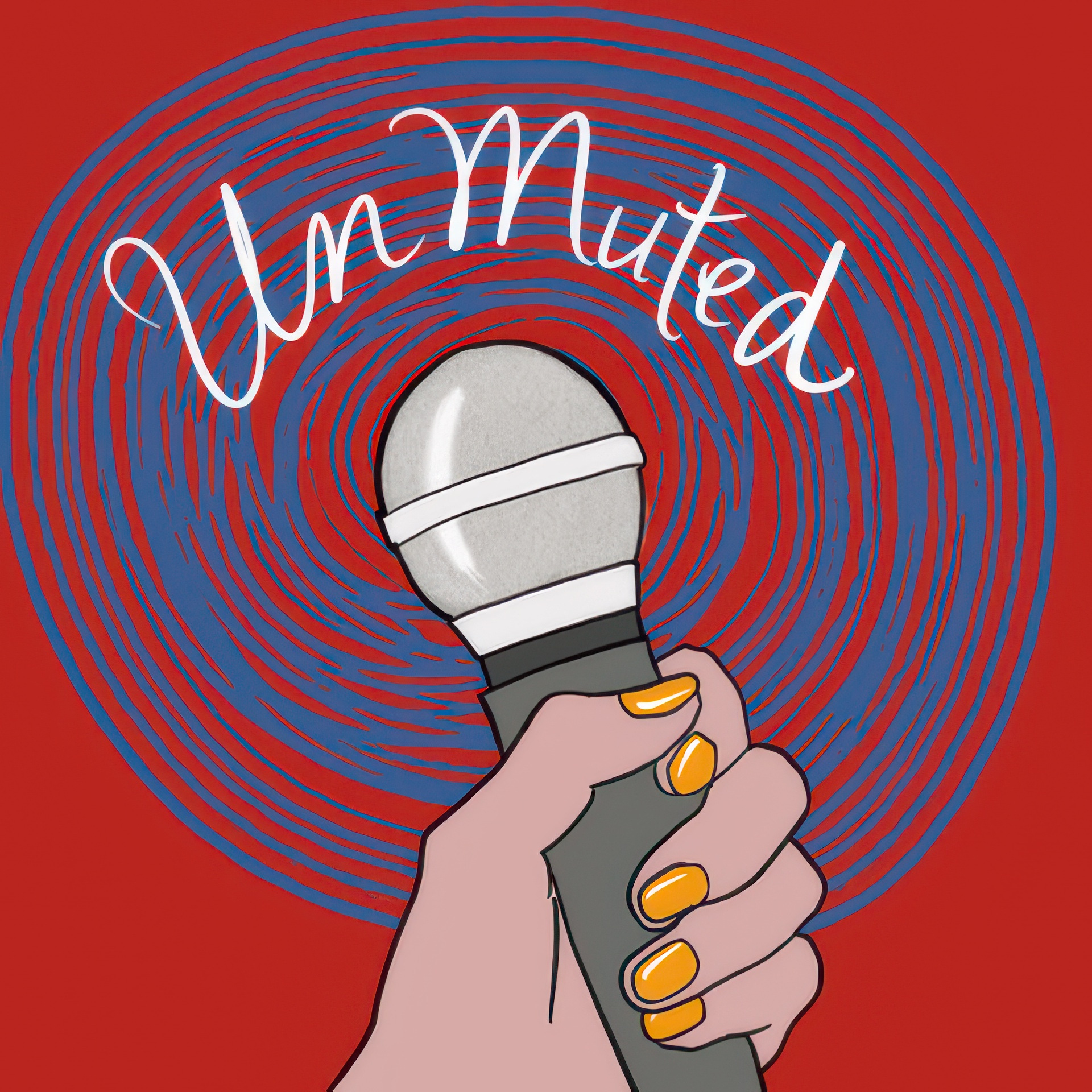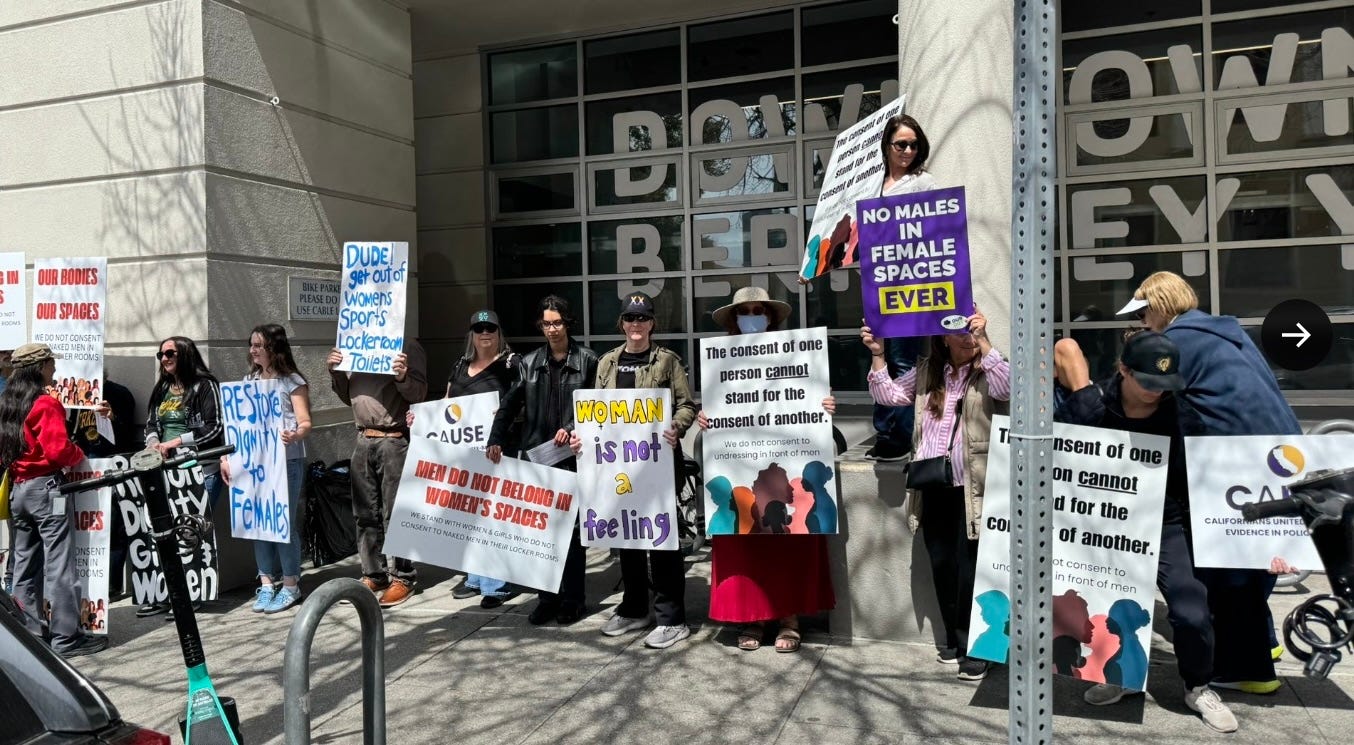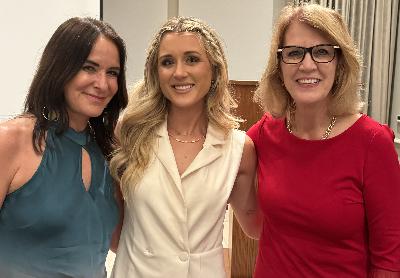Episode 30, featuring Maya
Description
My guest, Maya, is the young author of an essay I read on the PITT [Parents with Inconvenient Truths about Trans] Substack last week titled “Breaking Free: My Journey Through and Out Of Trans Ideology.” I was delighted when she agreed to be interviewed here, and I think the conversation has a lot to offer parents with questions about online indoctrination. You’ll find Maya to be uncommonly honest and self aware, especially for someone who is only eighteen.
In case you find the audio quality frustrating, I spent some time editing the transcript this week and have copied the resulting version here on my Substack home page, so there’s a way everyone can absorb the information contained in this episode.
Links:
Maya’s PITT essay, ‘Breaking Free: My Journey Through and Out Of Trans Ideology,’ published March 11, 2025
Maya’s first PITT essay, ‘The Cult of Gender Ideology: Psychological Manipulation and Social Control,’ published March 6, 2025
Credits:
Theme music by William A. Ferguson
UnMuted logo art by Anne Gibbons
[TRANSCRIPT BEGINS]:
(00:00:00 ):Maya: Growing up Gen Z, I knew about trans people and what it was for some time so I had friends even in elementary school that identified as trans, but I always knew about it. I saw YouTube videos about it, I had a friend so I always kind of knew what it was. I didn't really think of myself to be transgender until… well I didn’t consider it until I was around 12 because like in middle school late elementary school or middle school I had mental health issues and when I was probably in middle school, I realized I was gay, or came to the conclusion that I was gay.So I joined, I contacted a mental health line for gay teenagers called Trevor Project. It was like a crisis hotline. And they recommended this website to me called ‘Trevor Space’ for 13 to 25 year old LGBTQ people, kids, whatever. So I joined that.Actually, I was 12. I was technically too young, but I said I was a year older than I was to join the site. So I joined the site essentially talking about my story, who I was, and, you know, people were very nice to me initially.And so, yeah, I became kind of attached to the site, kind of chasing that validation from people. So a lot of people on the site obviously were transgender or non binary. And they were telling their stories about gender dysphoria or why they thought they were transgender, and I related to a lot of it, actually.And they proposed, like, oh, if you think you're transgender, there's all these questions and more things like that on the site and off the site, like articles and stuff or quizzes. So after a while of questioning, I came to initially first come to the conclusion that I was non-binary, but then later identifying as transgender.(00:01:50 ):Jenny: Do you remember how you found out about Trevor Spaces?Maya: The Trevor Project?Jenny: Yeah.(00:02:00 ):
Maya: Uh, I guess I had contacted, like, hotlines before, like, crisis hotlines, but I was just, that was one of the ones that was, like, recommended, specifying themselves as an LGBTQ hotline. Since I already knew I was gay at the time, I identified myself as LGBTQ, even before identifying as trans.
Jenny: Okay.Maya: That's how I found about that. Just quickly search, like, the LGBT hotline, whatever, it'll pop up. So the site, after coming out, the site, after I told the site,yeah, I might be trans, of course, the validation continues. They really like this. They're saying, this is your true self. They were very affirming, which feels good at the time, because at the time, I didn't like my body. I didn't like being a girl. So it was, made me happy and comfortable for people to say, to validate that transgender identity.And so they thought, they're saying, oh yeah, this is the norm. You should be affirmed. essentially, and you should come out in person, too. Because if people… And I would say that people in person, if they're not affirming, that's abusive. So…because I've experienced that first initial affirmation, it made me agree, like, yeah, this is how I should be treated.So when I came out to my mom and she didn't react positively to that, I thought of that as her abusing me, and saw that as only possibly coming from a place of hatred for trans people and due to that, hatred for me.(00:03:38 ):Jenny: Can I just ask, what was your relationship with your mom just prior to all this?Maya: It really wasn't that bad. I mean, we weren't the closest at the time, but we weren't, like, fighting or anything. It was just, I think, a normal preteen teenager relationship.Jenny: Did you trust her?Maya: For the most part I mean I wasn't telling her everything about my personal life but I wasn't I didn't distrust her.
Jenny: Yeah, it's a rare adolescent who tells her mother everything about her personal life but did you think of her as somebody who would be likely to be, you know, bigoted or prejudiced against a group of people like ‘trans’ people?
Maya: I did for a while because she would say things about trans people she is pretty open that she's not — at the time, she was pretty open about it. So I kind of knew, but I still came out to her anyway, expecting her to be different if it's her child.Because again, at the time, people on the site would say that the only reason you would hate trans people is just out of hatred. There's no real reason for questioning them. Because this is the truth. They say it's medically proven. They say it's biological. So for them, there's no rational reason as to why someone would hate them other than just pure bigotry and hatred.Jenny: Yeah.(00:05:01 ):Maya: So after she didn't ‘affirm’ me, I was seeing some of the stories that they had on the site, and some of their parents, based on their stories, were actually abusive to them. So I was actually worried that she would, in turn, become abusive to me if I kept going, so I decided to kind of back out of it— to her.So I essentially told her, like, I'm not identifying that way anymore, but I actually was. And so I was kind of doing it like stealth. Like I would socially transition and do whatever I can to physically transition without it being too noticeable. But I didn't, I was trying to pretend like I wasn't identifying that way when I was.So at school, I told my friends and my teachers I was going by a different name. And to use he/him pronouns, I, um, would dress in male clothing. It was a mix, but largely male clothing. And I would, um, quote-unquote ‘bind’ with two sports bras — it wasn't really binding but it was what I had um so I kept ruminating about that and my dysphoria (quote-unquote ‘dysphoria’) worsened because you're thinking about it so much it's never gonna go away. It's essentially like insecurity: you gotta keep thinking about it and it's reinforcing the idea that your body is wrong because typically when you're insecure as a teenager you'll be like oh I'm fat, but everyone else will be like ‘no you're not’ so that you don't feel bad about that but when you're trans and you're like, ‘oh, I hate my breasts’ or whatever, they'll be like, ‘yeah, that's because your body's wrong. You should get rid of them because you're actually a boy.’So that is very affirming of the insecurity. And so I would be very uncomfortable looking at myself. For being a girl, anything female-related made me so uncomfortable.And then on the site, there were, I guess I'm trying to figure out how to word this properly…
On the site, they were a little bit controlling in a way. There were, like, standards of thoughts you had to live up to or act or say that were limited on what you could and could not say or think on the site because they didn't want to associate with people who they thought to be ‘bigoted,’ quote-unquote. And so, but the most random thing would make you bigoted, like, honestly.I'll give a few examples.Like, they would have, the trigger warnings where you had to, like, say beforehand, ‘oh, I'm going to talk about suicide,’ or whatever. And then there was a feature where you could hide the text that you were about to say.And so if you did that incorrectly or didn't do that at all and made a post about something that they'd give you a strict warning for, they would get really upset.And also the belief that you didn't need gender dysphoria to be trans, they believed for some reason. And if you said otherwise, you were labeled, I think the term is TruScum, or whatever the heck. And they didn't want to associate with you. If you didn't believe in it, so.And when you're a teenager, first of all, you're seeking that validation from peers especially at that age it's also just a human thing to seek validation from other people we don't want to be alone as social creatures and when you and first and second of all the sight of kind of love bombed me or affirmed me at first so I saw them as true friends and people in person as not because my mom didn't quote unquote ‘affirm’ or support me with this and I struggled with making friends in person. So to them, they were my only friends. So if I do not conform to them, I will have no friends, which no teenager or person at all wants.So I gotta keep my mouth shut and conform to their standards.(00:08:49 ):Jenny: Were these like video chat rooms or was it all just, it was like a forum.Maya: So it was just like text, make a topic. Kind of like Reddit, or any forum okay so nobody's in that way no one was videoing or seeing their face it was never like in person live. And it wasn't also like Instagram or something where people's faces public it was always like a profile a stage name or a profile picture has nothin

